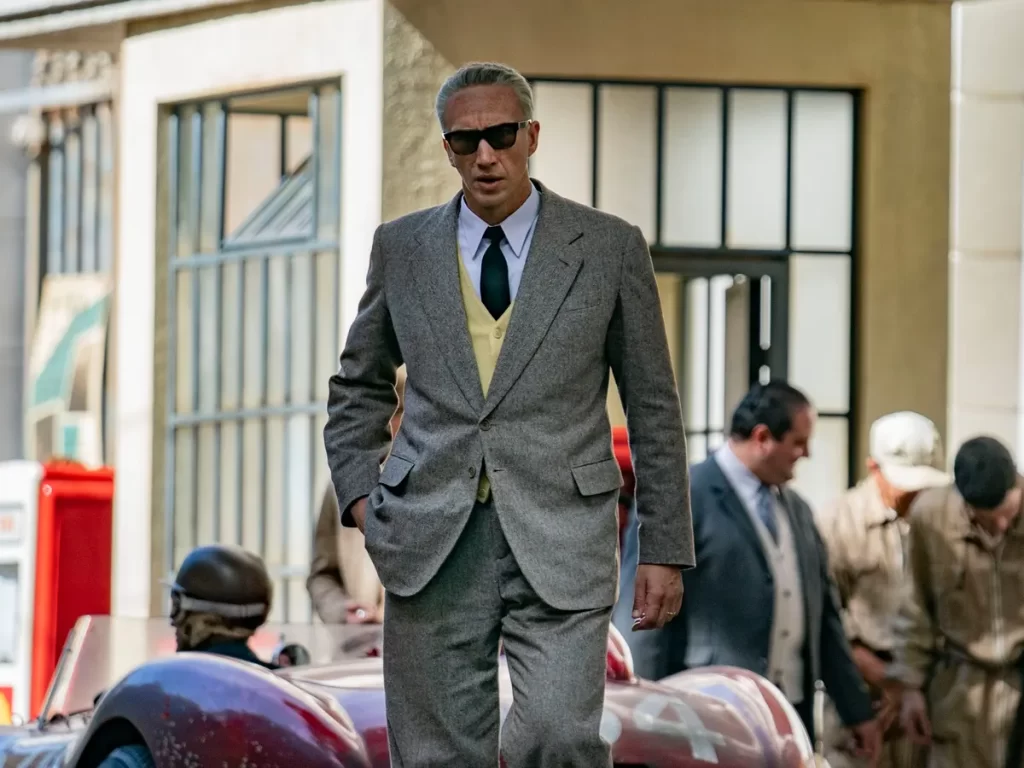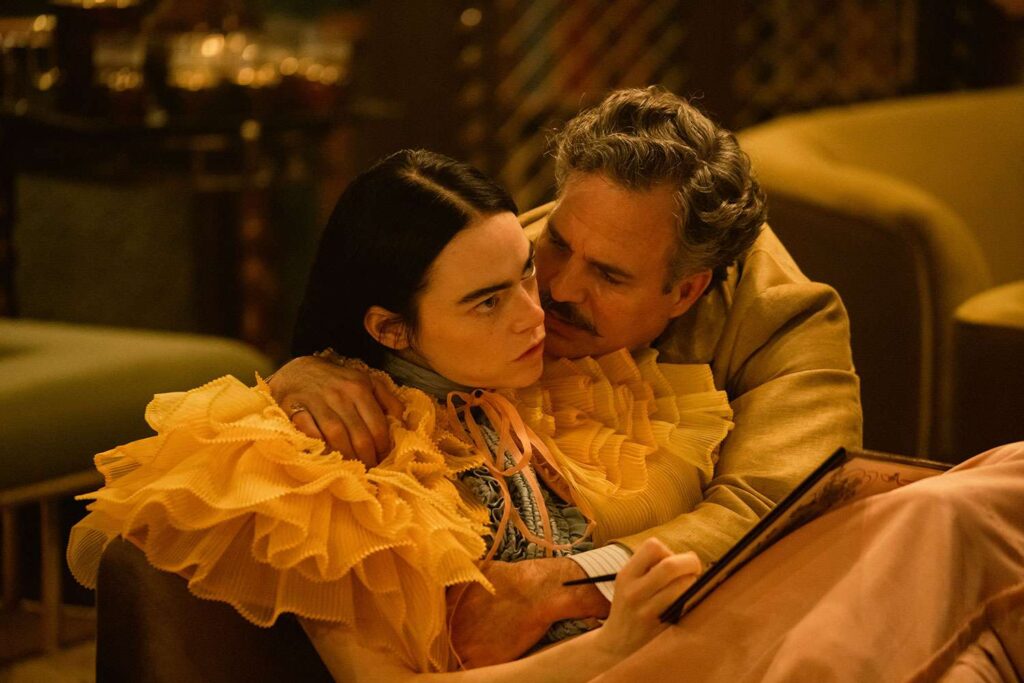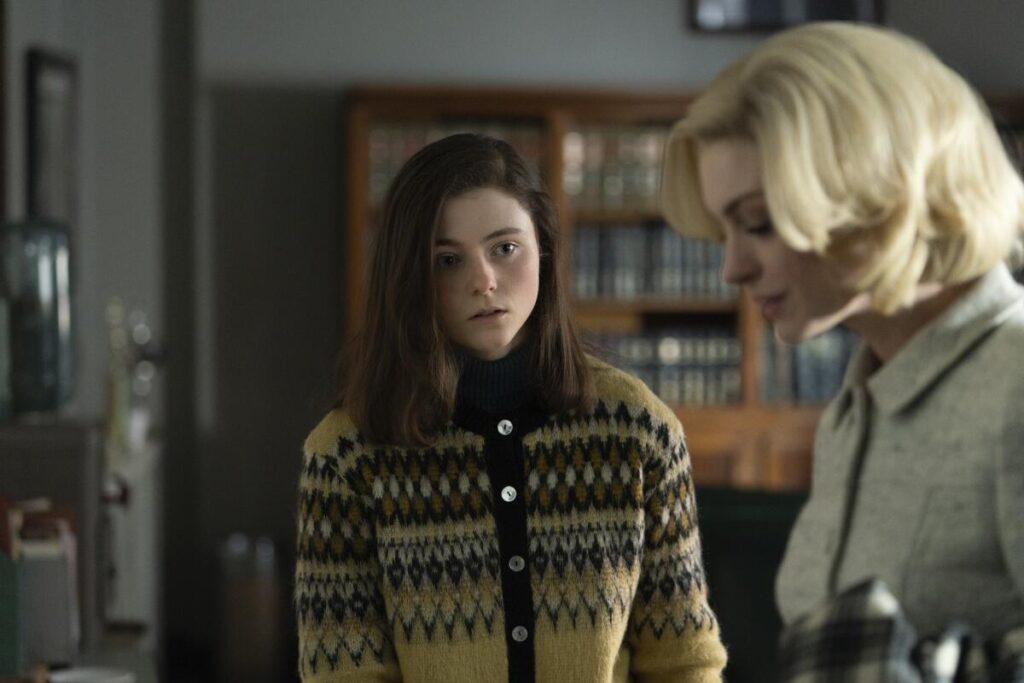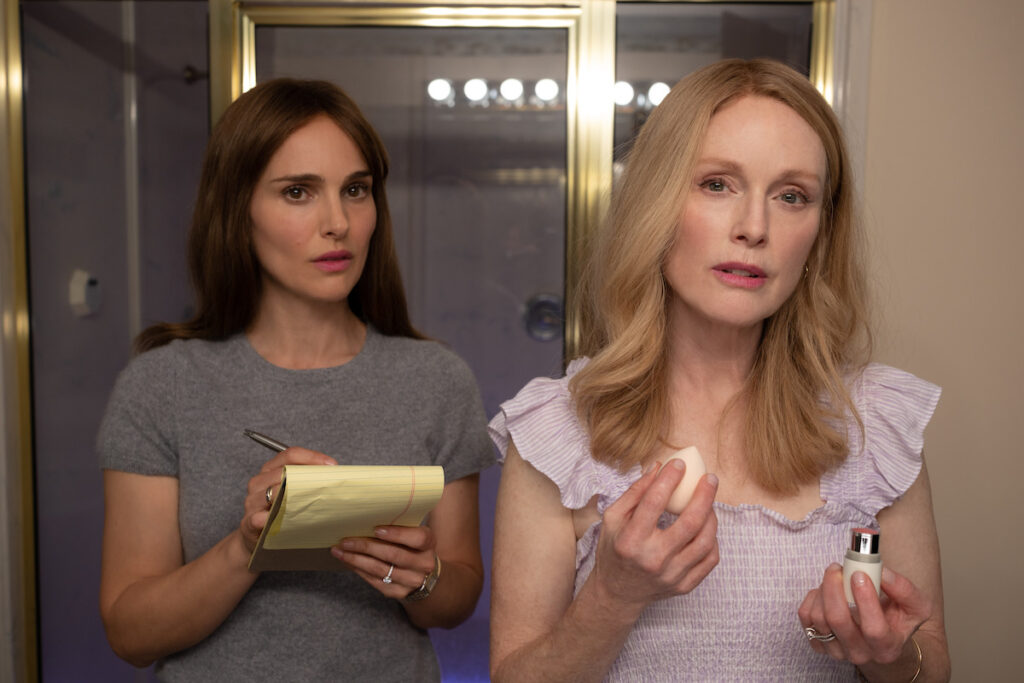Anyone But You: A Plague on Both Your Spouses

They say mature movies are supposed to challenge audiences, so here’s a test for you: Can you accept the contrivances of Anyone But You as frivolous eccentricities rather than shopworn clichés? If so, then you’re likely to enjoy it. Stripped of its tortured machinery, it functions as a sweet and playful romantic comedy starring two indecently attractive people who—in another universe where box-office success hinges more on actorly charisma than intellectual property—might have the potential to age into movie stars. I did my best to meet it on its terms. But some terms are harder to accept than others.
It takes all of five minutes, before the opening credits even roll, for Anyone But You to announce that it will operate according to the cruel whims of rom-com illogic. The alphabetically adjacent pair of Bea and Ben (played by Sydney Sweeney and Glen Powell, respectively) meet cute at a coffee shop, and following some bathroom shenanigans in which Bea struggles with a hand dryer, they spend a magical day and night together before falling asleep in each other’s arms. It’s true love! Yet for reasons known only to the screenwriters (Ilana Wolpert and Will Gluck, the latter of whom also directs), Bea sneaks out the following morning; she instantly realizes her mistake, but upon her return she overhears a wounded Ben assassinating her character to a friend. As a result of this symmetrical misunderstanding, these would-be lovers become less star-crossed than simply and irrevocably cross. Read More




